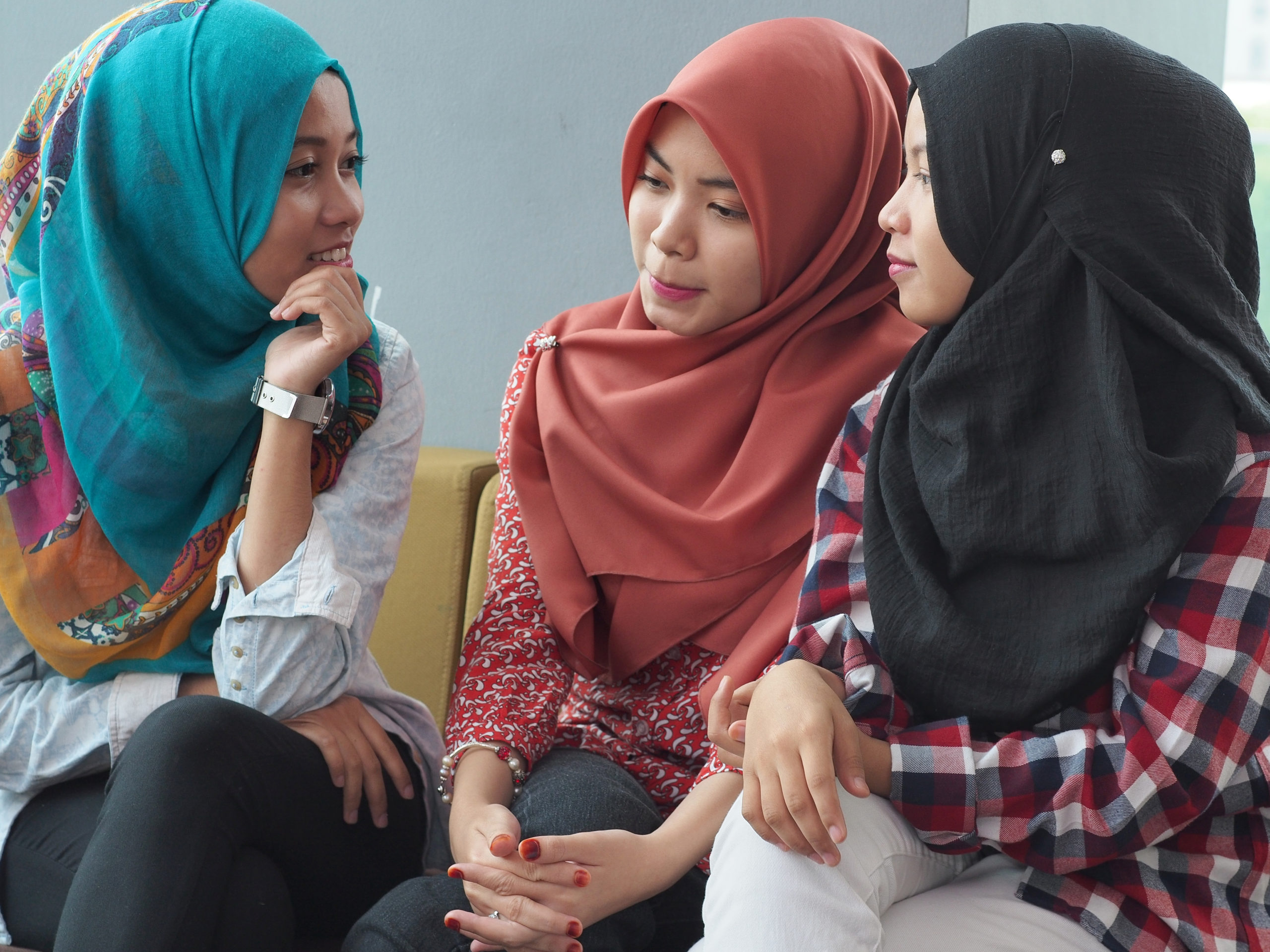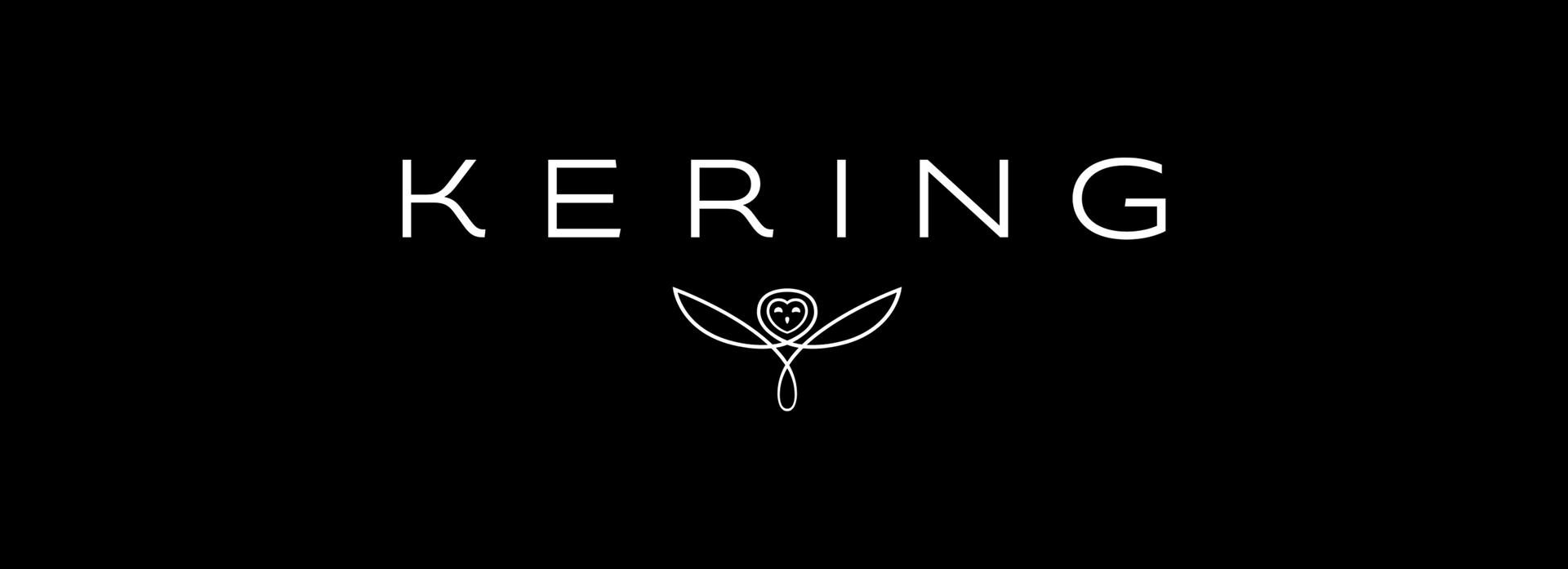Debate Reignites: Macron's Party Wants To Ban Hijabs For Girls Under 15

Table of Contents
The Proposed Legislation: Key Details and Arguments
The proposed law aims to prohibit girls under the age of 15 from wearing the hijab in public spaces, including schools. While the exact penalties are still under discussion, potential punishments could range from fines to community service for parents or guardians.
The key arguments in favor of the ban, primarily voiced by members of Macron's party, center on:
- Protection of minors from undue influence and pressure: Proponents argue that young girls may be pressured into wearing the hijab by family members or community groups, before they are mature enough to make such a significant decision. They contend that this legislation aims to safeguard children from such coercion.
- Upholding secular values (laïcité) in French society: A core tenet of French society is laïcité, the strict separation of religion and state. Supporters believe the ban reinforces this principle and protects the neutrality of public spaces.
- Preventing the potential for discrimination and social segregation: While seemingly paradoxical, proponents argue the ban could prevent the potential for discrimination against girls who choose not to wear the hijab, ensuring a more inclusive environment for all.
- Ensuring the full integration of Muslim girls into French society: Some supporters believe that prohibiting the hijab at a young age will facilitate the integration of Muslim girls into mainstream French society, allowing them to fully participate without feeling isolated or different.
However, critics counter that the ban infringes on religious freedom, a fundamental human right. They argue it could lead to further marginalization of Muslim communities and exacerbate existing tensions. The potential for discriminatory enforcement is also a major concern.
Reactions and Public Opinion: A Divided Nation
The proposed legislation has elicited strong reactions across the political spectrum. While Macron's party largely supports the ban, other parties, particularly those on the left, have expressed strong opposition, citing concerns about religious freedom and the potential for increased social division. The far-right, conversely, often calls for even stricter measures.
Public opinion polls reveal a deeply divided nation. While a significant percentage supports the ban, citing secularism and child protection, a substantial portion opposes it, emphasizing religious freedom and the risk of discrimination. Regional variations in opinion also exist, reflecting diverse cultural and religious landscapes within France.
Different viewpoints include:
- Support: Emphasis on secularism, child protection, and the prevention of undue influence.
- Opposition: Focus on religious freedom, the potential for discrimination, and concerns about the ban's enforceability.
- Concerns: Questions regarding the practical implementation and the potential for subjective interpretation of "undue influence."
- Debate: Disagreements on the definition of "undue influence" and the best way to address potential coercion.
Legal and Ethical Implications: A Complex Issue
The proposed hijab ban in France faces significant legal challenges. Critics argue that it violates existing laws protecting freedom of religion, and potentially international human rights conventions. The European Court of Human Rights has previously ruled on similar cases, highlighting the complexities of balancing religious freedom with public order concerns.
Ethically, the ban raises concerns about unfairly targeting a specific religious group. The long-term societal effects, including potential alienation and increased radicalization within some Muslim communities, are also significant considerations.
The complexities of the issue include:
- Potential legal challenges: Based on freedom of religion and the right to manifest one's religion.
- Enforcement difficulties: Defining and consistently enforcing a ban on the hijab.
- Risk of increased radicalization: Potential negative consequences for community relations.
- Impact on education and social integration: The potential for isolating Muslim girls and hindering their educational progress.
International Comparisons: How other countries handle similar issues
Several European countries have grappled with similar issues regarding religious attire in public spaces and schools. While some countries have implemented bans or restrictions on certain religious symbols, others have adopted more inclusive approaches, emphasizing tolerance and mutual respect. Examining these diverse approaches offers valuable insights into the complexities of this global challenge. For example, the approaches taken in Germany, Belgium, and the Netherlands provide contrasting models for addressing similar societal concerns.
Conclusion
The proposed hijab ban for girls under 15 in France has ignited a heated debate, raising fundamental questions about secularism, religious freedom, and the rights of minors. The arguments for and against the ban are complex and deeply rooted in differing interpretations of French values and international human rights law. The potential legal and social consequences of such legislation remain significant. The debate highlights the need for careful consideration of the impact on individual rights, community relations, and the long-term implications for French society.
Call to Action: Stay informed about the ongoing debate surrounding the hijab ban in France and engage in respectful dialogue to understand the various perspectives involved. Follow further developments on this highly sensitive issue and contribute to a reasoned discussion about the impact of the proposed hijab ban. Learn more about the legal challenges to hijab bans and the ongoing fight for religious freedom.

Featured Posts
-
 Kering Shares Plunge 6 Following Disappointing Q1 Earnings
May 24, 2025
Kering Shares Plunge 6 Following Disappointing Q1 Earnings
May 24, 2025 -
 K 100 Letiyu Innokentiya Smoktunovskogo Dokumentalniy Film Menya Vela Kakaya To Sila
May 24, 2025
K 100 Letiyu Innokentiya Smoktunovskogo Dokumentalniy Film Menya Vela Kakaya To Sila
May 24, 2025 -
 The End Of The Nfls Butt Ban The Tush Push Lives On
May 24, 2025
The End Of The Nfls Butt Ban The Tush Push Lives On
May 24, 2025 -
 Glastonbury 2024 Unconfirmed Us Band Teases Festival Appearance
May 24, 2025
Glastonbury 2024 Unconfirmed Us Band Teases Festival Appearance
May 24, 2025 -
 Escape To The Country Top Destinations For A Country Lifestyle
May 24, 2025
Escape To The Country Top Destinations For A Country Lifestyle
May 24, 2025
Latest Posts
-
 Global Bond Market Instability A Posthaste Warning
May 24, 2025
Global Bond Market Instability A Posthaste Warning
May 24, 2025 -
 Desjardins Forecasts Three Further Bank Of Canada Interest Rate Reductions
May 24, 2025
Desjardins Forecasts Three Further Bank Of Canada Interest Rate Reductions
May 24, 2025 -
 Extreme Price Increase Broadcoms V Mware Deal Sparks Outrage From At And T
May 24, 2025
Extreme Price Increase Broadcoms V Mware Deal Sparks Outrage From At And T
May 24, 2025 -
 Strengthening Ties Bipartisan Senate Resolution Celebrates Canada U S Partnership
May 24, 2025
Strengthening Ties Bipartisan Senate Resolution Celebrates Canada U S Partnership
May 24, 2025 -
 1050 Price Hike At And Ts Concerns Over Broadcoms V Mware Deal
May 24, 2025
1050 Price Hike At And Ts Concerns Over Broadcoms V Mware Deal
May 24, 2025
